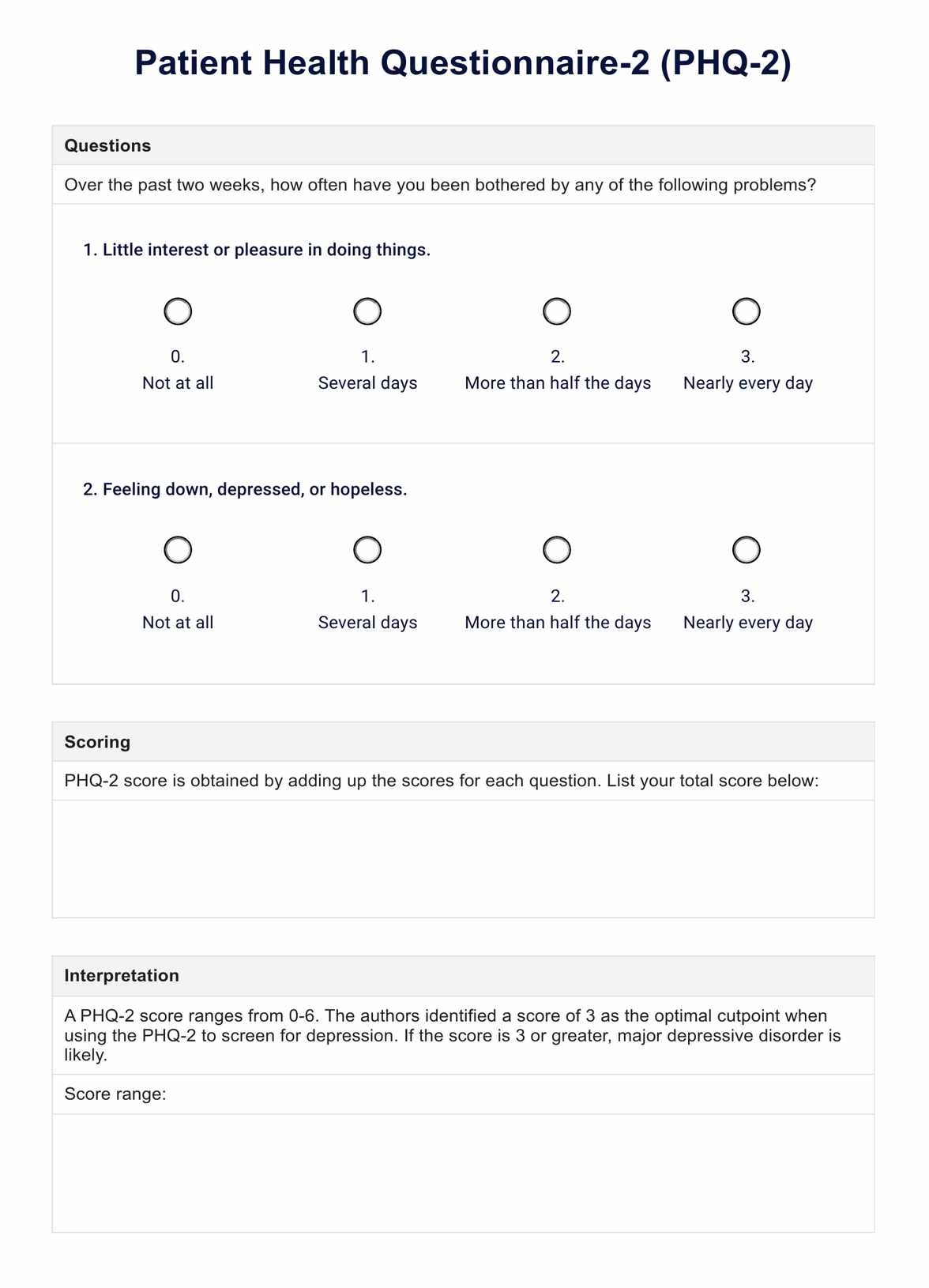What is major depressive disorder (MDD)?
Major depressive disorder (MDD) is a serious mental health condition characterized by persistent feelings of sadness, hopelessness, and loss of interest in activities once enjoyed (American Psychiatric Association, 2013). It is one of the most common mental health disorders, but if left unaddressed, a client's depressed mood and other symptoms can significantly impact an individual's ability to function in daily life.
MDD is more than just feeling "blue" or experiencing temporary emotional ups and downs. It is a clinical disorder described in the Diagnostic and Statistical Manual of Mental Disorders Fifth Edition (DSM-5) that affects a person's mood, thoughts, behavior, and physical well-being. Individuals with MDD may experience a variety of symptoms, including:
- Persistent feelings of sadness, emptiness, or hopelessness
- Loss of interest or pleasure in activities once enjoyed
- Significant weight loss or gain (without dieting)
- Sleep disturbances (insomnia or excessive sleeping)
- Fatigue or lack of energy
- Feelings of worthlessness or excessive guilt
- Difficulty concentrating or making decisions
- Recurrent thoughts of death or suicide
The severity, frequency, and duration of these symptoms can vary from person to person, but they must be present most of the day, nearly every day, for at least the past two weeks to be diagnosed with MDD (World Health Organization, 2023).












